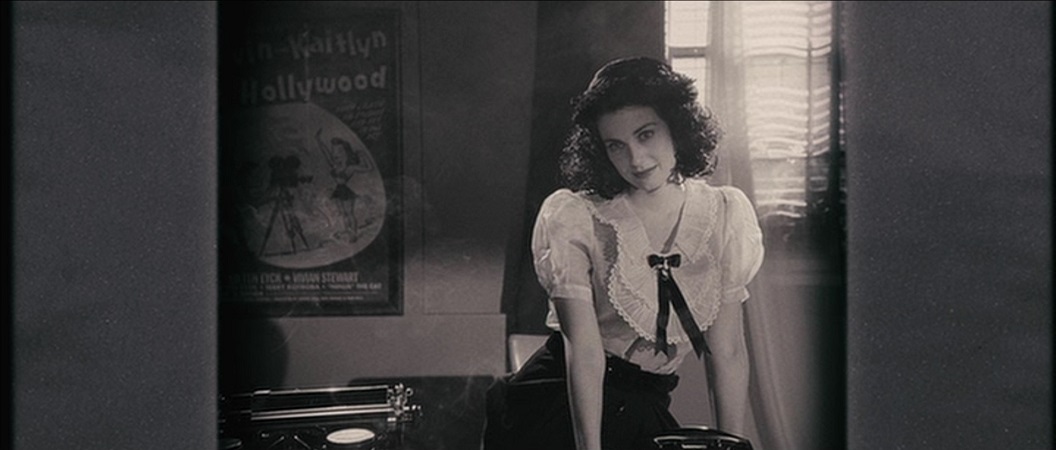IN THE DELUSIONS OF HOLLYWOOD'S PAST - ARMOND WHITE ON NEIL JORDAN'S 'MARLOWE' & DE PALMA'S 'BLACK DAHLIA'

At National Review, Armond White reviews Neil Jordan's new movie, Marlowe:
These characters make Marlowe personal for Jordan. He’s a protégé of visionary director John Boorman, and movies are central to his imagination. Hawks’s cherished melodrama of mid-20th-century sexual intrigue is reinterpreted in terms of the history and nomenclature of film noir; revealing not only the characters’ erotic drives but their sin-sick environment. This ’30s Hollywood is morally dubious, centered on the clash of power, sex, and other vices, seen through Jordan’s literary-cinematic sensibility. Clare, evoking the Old World county and a tarnished version of Saint Clare of Assisi, confers the genre’s ultimate, poetic judgment on the story’s villain: “Because he was far too young for me. Because he was evil incarnate. Because he was already dead.”Jordan’s Catholic-manqué Marlowe is incomprehensible without prior knowledge of Hawks’s convoluted film (symbolized by Marlowe pursuing a victim-suspect through a labyrinthine mausoleum) and, especially, Altman’s Chandler update (starring Elliot Gould) and Polanski’s mix of both Chandler and Dashiell Hammett archetypes. So this is an art film. Jordan does literary puns on Christopher Marlowe and profane riffs on James Joyce. (Dorothy knew Joyce and recalls him as a literary thief and “syphilitic little man.”) This isn’t disrespect so much as a leveling. Marlowe is Jordan’s look at cultural cynicism, linking Joyce to Chandler and to the many Dr. Faustuses of Hollywood itself.
All Jordan can do is reexamine that heritage — sordid intimations of incest, Evelyn Mulwray’s blasted eye socket in Chinatown, Gould-Marlowe’s betrayed friendships — to signify our cultural decay more effectively than Damien Chazelle did in Babylon. Jordan arrives at the same moral juncture that Brian De Palma faced in The Black Dahlia, finding the essence of modern miasma in the delusions of Hollywood’s past. For an ethnic-focused film artist like Jordan, this would include new Hollywood’s race and gender hypocrisy.
Trendy, vapid Chazelle sentimentalized a token Mexican immigrant in Babylon, but Jordan and waggish co-screenwriter William Monahan, who scripted Scorsese’s The Departed, plays with ethnicity (those Irish mugs, Lange’s perfect brogue, and Cumming’s perfect Southern twang). Daring the same black/Irish tease of The Crying Game and Mona Lisa, Jordan effects a coup, inserting the experience of black chauffeur Cedric (British-Nigerian actor Adewale Akinnuoye-Agbaje, Oz’s Adebisi), evoking both Native Son and A Raisin in the Sun. A burly outsider like Marlowe, Cedric knows the inside track, summing up Hollywood as “a city of motorized secrets.”
At first, the rapprochement of Marlowe and Cedric resembles the gimmicky violent bonding of Butch and Marsellus in Pulp Fiction. But because Jordan is a serious cinema aesthete, their brotherhood pinpoints Hollywood’s moral hypocrisy as it moved into World War II propaganda. Cedric looks at the backlot fakery of Nazi book-burning and daringly opines: “Still, that Leni Riefenstahl; she made some good movies, though.” It may be the ultimate clapback at modern Hollywood’s corrupt double standard. Detective Jordan rescues movie mythology.



